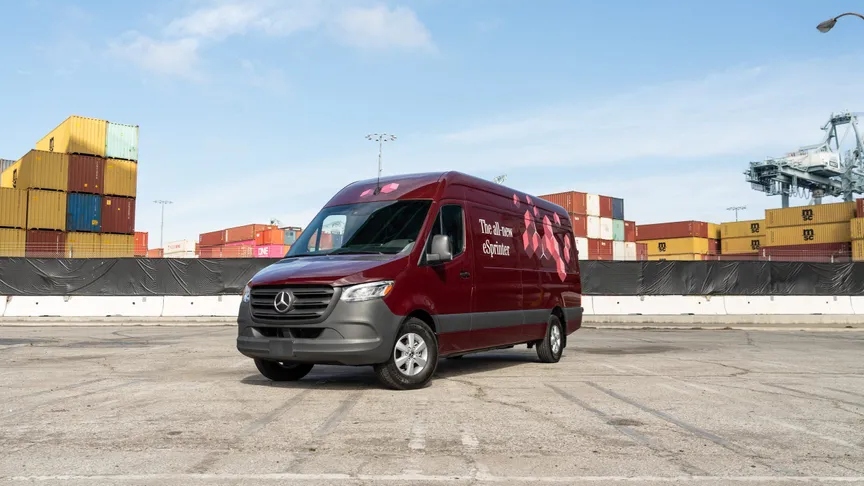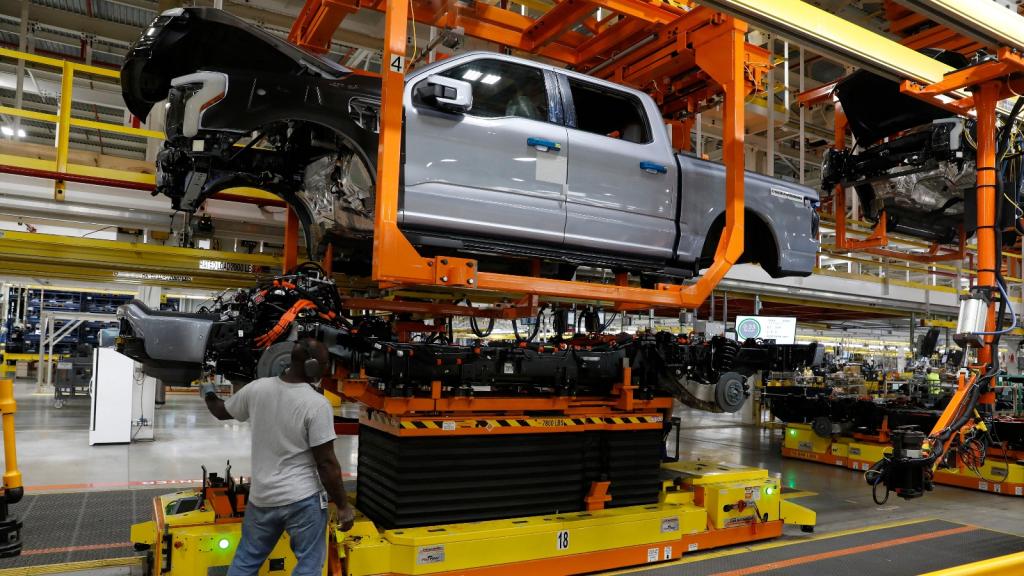A significant shift is underway in the electric car segment. No, I’m not talking about the shift to EVs. That’s still progressing despite a few manufacturers getting cold feet. What I’m referring to here is a subtle change in the makeup of EV batteries that carries some significant implications.
A type of lithium-ion battery called lithium iron phosphate, or LFP, is becoming increasingly prevalent in EVs around the world. Manufacturers like Ford, Mercedes-Benz, Rivian, Tesla, and others are now offering these packs as an alternative to, or an outright replacement for, the nickel manganese cobalt (NMC) and nickel cobalt aluminum oxide (NCA) chemistries that have dominated for years. While LFP cells made up just 6 percent of the market in 2020, they’ve now jumped to roughly 30 percent.
What do all these obscure elements — and dizzying series of acronyms — really mean, and what’s the significance for the vehicles that will hit the road over the next few years? Let’s dig into the details.
Read more

